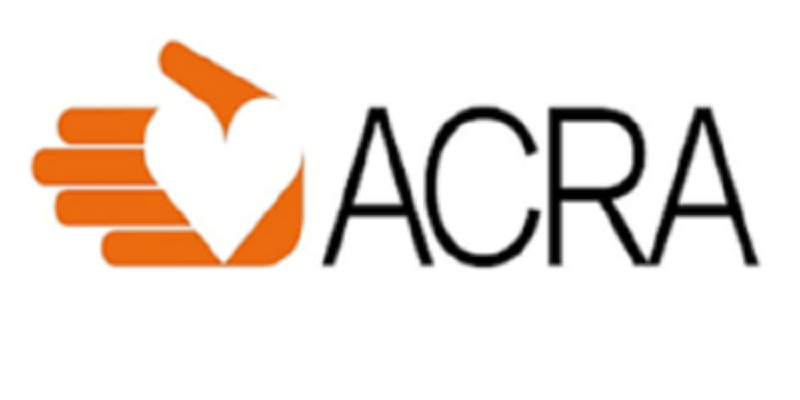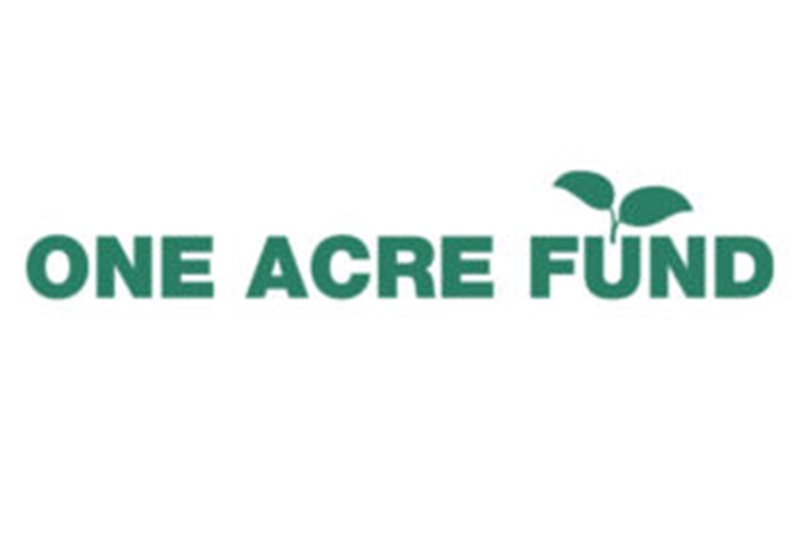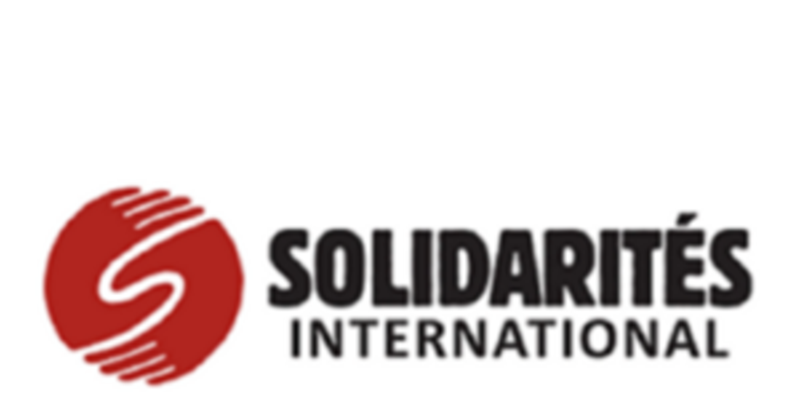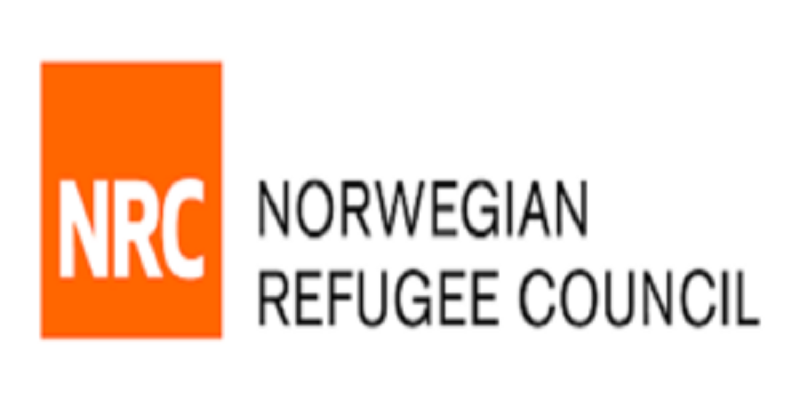À PROPOS DE DAI
DAI travaille à la pointe du développement international, en combinant l’excellence technique, la gestion professionnelle des projets et un service client exceptionnel pour résoudre les problèmes les plus complexes de nos clients.
Depuis 1970, DAI a travaillé dans 150 pays en développement et en transition, fournissant des solutions de développement complètes dans des domaines tels que l’atténuation des crises et les opérations de stabilité, la gouvernance démocratique et la gestion du secteur public, l’agriculture et l’agroalimentaire, le développement du secteur privé et les services financiers, l’économie et le commerce, le VIH/SIDA, le contrôle de la grippe aviaire, la gestion de l’eau et des ressources naturelles, ainsi que l’énergie et le changement climatique. Parmi ses clients figurent des agences de développement international, des institutions de prêt internationales, des sociétés privées et des organisations philanthropiques, ainsi que les gouvernements des pays hôtes.
Project Background
The Policy LINK project will strengthen the capacity of local actors and institutions to lead and manage the agricultural transformation process and contribute effectively and collectively to improved, broad-based food security policy outcomes.
Specifically, the program aims to strengthen food security policy systems by investing in and reinforcing productive human and social capital and developing strategic partnerships that help bring these innovations and capacity investments to scale to achieve a critical mass of local actors with the ability and opportunity to effect positive policy change through collective action.
Policy LINK’s general approach is grounded in facilitative leadership and collaborative governance, which emphasize engaging stakeholders from civil society and public and private sectors in consensus-oriented decision making, collaborative problem solving, and adaptive learning.
Policy LINK in Ghana
USAID/Ghana has expressed an interest in engaging Policy LINK in the Policy System Support Activity that has a goal of supporting and strengthening policy development, adoption, and implementation. This Activity seeks to achieve a more transparent, inclusive, predictable, and evidence-based agriculture and food security policymaking, leading to improved food and nutrition outcomes and broad-based, inclusive economic growth. Critical to the success of the Activity is enabling a broader set of Ghanaian stakeholders to constructively participate directly in the policy process to contribute to the structural transformation of their agriculture and food security system. This broader set of agricultural stakeholders is necessary to improve policy analysis, formulation, advocacy for, and implementation of agricultural policies that will drive this transformation. This inclusive approach will also support and accelerate the evolution of Ghana’s agriculture by contributing to good governance (transparency and mutual accountability), greater private sector engagement, increased trade and competitiveness, and stronger market system linkages.
A fundamental input to a stronger, more inclusive policy process is an increased availability, access, and reliance on developing and using evidence in the entire policy process across all stakeholders. While there is a significant volume of research done in Ghana, this research needs to be strengthened and made more rigorous through a peer review process that documents and shares best practices and outputs. Also critical is the participation of a broader set of stakeholders in the planning, development, and validation of policy research to ensure that all stakeholders have a common understanding of the policy environment and process. Finally, the availability, access, and use of evidence by all stakeholders in a coordinated policy process is important to assure transparency and mutual accountability. The quality of policies and the processes by which they are formulated and implemented are equally important, as this foundation will engender ownership and agency by the broader set of stakeholders and will result ensure improved policy development and implementation in the future.
Activity Background
The Policy LINK/Ghana seeks a consultant to assist in the Assessment of Policy Interventions on Agricultural Lending in Ghana. This assessment will examine the practice and performance of agricultural lending and examine long-term interventions to improve agricultural lending terms. Special attention will be given to macroeconomic and structural factors that affect the policy rate, with recommendations on how to lower the policy rate (or to provide sustainable incentives) to spur greater agricultural lending while limiting inflation.
METHODOLOGY: This assessment will identify challenges and solutions that affect policy interventions on agricultural lending rates in Ghana through a comprehensive literature review of reports from USAID/Ghana implementing partners, GOG documents and any other relevant sources on agricultural lending, and from key informant interviews. Consultants will initially carry-out desk study research to produce an inception report. The inception report will include an agenda for on-site meetings with local stakeholders (banks, other financial institutions, investors, agri-businesses, and other operators in the agri-business space). This initial phase will be followed by an on-site visit of two-weeks to meet with the stakeholders identified in the inception report. Outputs from the visit will be used to prepare a draft report to be submitted to USAID/Ghana staff for approval.
Position Objectives
The objectives of this assessment are:
1. Conduct a review of agricultural lending products and terms, including interest rates, maturity, and agricultural lending rates. Also review opportunities provided by venture capital, equity, and investment from high net-worth individuals.
2. Explore the agricultural lending ecosystem; i.e., the macroeconomic and microeconomic policies, laws, regulations, and rules that increase the costs of agricultural lending and draw out linkages/effects between current policies and lending rates.
3. Identify macroeconomic or microeconomic policy constraints limiting competitive lending rates in agricultural credit markets.
4. Identify behavioral approaches that can facilitate improved lending rates through policy, and present best practices that can inform approaches for mission support.
5. Examine the legal framework governing the financial sector in Ghana and identify portions of it that affect agricultural lending rates negatively and positively.
6. Make recommendations for short, medium, and long-term actions to address identified challenges limiting the reduction of leading rates through policy interventions. Short-term recommendations could be implemented within one year, while long-term recommendations would be implemented within five years.
Position Tasks and Responsibilities
The local consultant will assist the international consultants in the following tasks:
- Identifying key documents to be consulted during the inception phase;
- Identifying local stakeholders (i.e., banks, other financial institutions, investors, agri-businesses, and other operators in the agri-business space) to meet during the on-site visit.
- Supporting the team in the preparation of the agenda for the on-site work (including arranging meetings);
- Supporting the team during the on-site mission (participate in meetings as per needed) and for follow up remote meetings (as needed);
- Following up with stakeholders after the on-site visit (as needed).
- Provide targeted (written) inputs/ideas for the assessment
Anticipated Timeline
This consulting assignment will take a total of 30 working days spread over a period of performance from June 13 to September 5. Below is a proposed schedule for this assignment:
| Phase | Action | Estimated Level of Effort |
| 1 | Identify and engage relevant, key public and private stakeholders and schedule remote meetings and in-person meetings for the DAI team’s July in-country trip. Conduct research as requested by the DAI team. | Up to 7 days |
| 2 | Facilitate and participate in in-person meetings with DAI team and contribute to notetaking and information gathering | Up to 12 days |
| 3 | Provide post-trip support with follow-up meetings (remote) and provide written inputs and review of the lending assessment, as required. | Up to 11 days |
Deliverables
The local consultant will be directly responsible for the following deliverables:
- List of stakeholder and contacts for the on-site visit and remote meetings to be included in inception report
- Proposed agenda and contacts ahead of the on-site visit and for remote meetings, when necessary
- Logistical support during on-site visit
- Schedule meetings with relevant stakeholders
NOTE: Consultants must seek and receive prior approval from the Policy LINK team (supervisor) before sharing any written information with USAID and other partners.
Reporting (Position Supervisor)
The consultant will work under direct supervision of the Ghana Country Lead, who will provide the overall supervision of this assignment.
In ensuring the quality of the work is undertaken, the consultant will continuously consult with the Policy LINK team to agree on expectations, scope of the work, and an updated work plan based on the activity goals and approach. A debrief meeting will be held after the activity to discuss any further issues which require further follow-up and reporting.





